Business Law Report: Types of Business Organizations in the UK
VerifiedAdded on 2023/01/20
|10
|685
|38
Report
AI Summary
This report provides an overview of business law in the UK, focusing on the legal formation of different types of business organizations. It begins with an introduction to the legal system and its role in regulating business activities. The report then delves into the specifics of forming partnerships, sole trader businesses, and limited companies, outlining the legal requirements for each. Furthermore, it examines the management and funding aspects of both incorporated and unincorporated businesses. The report concludes by summarizing the key takeaways and includes a list of references. This document is a helpful resource for students studying business law, offering insights into the various legal structures and their implications for business operations in the UK. The content helps understand the process of business formations, management, and funding.
1 out of 10
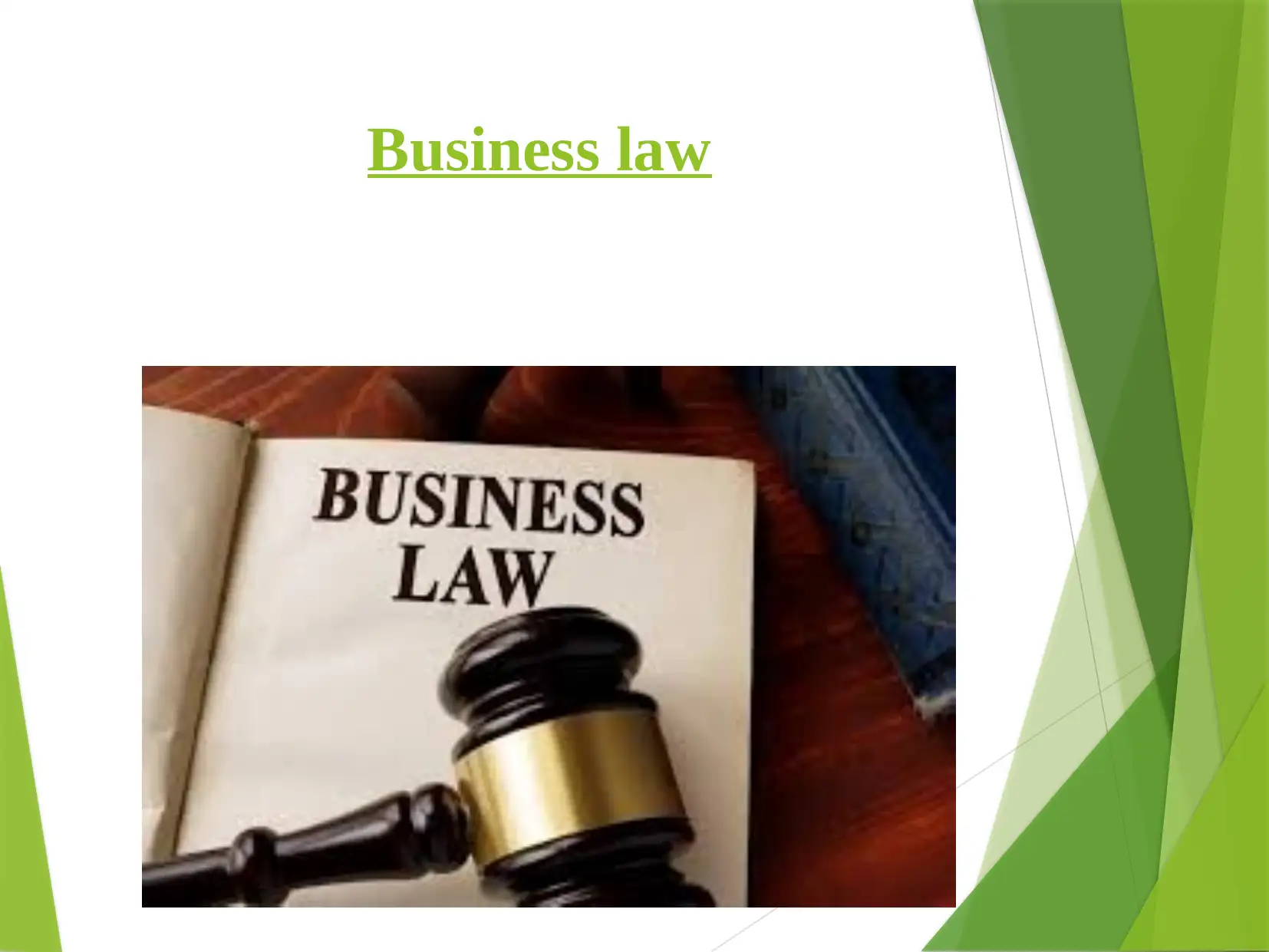
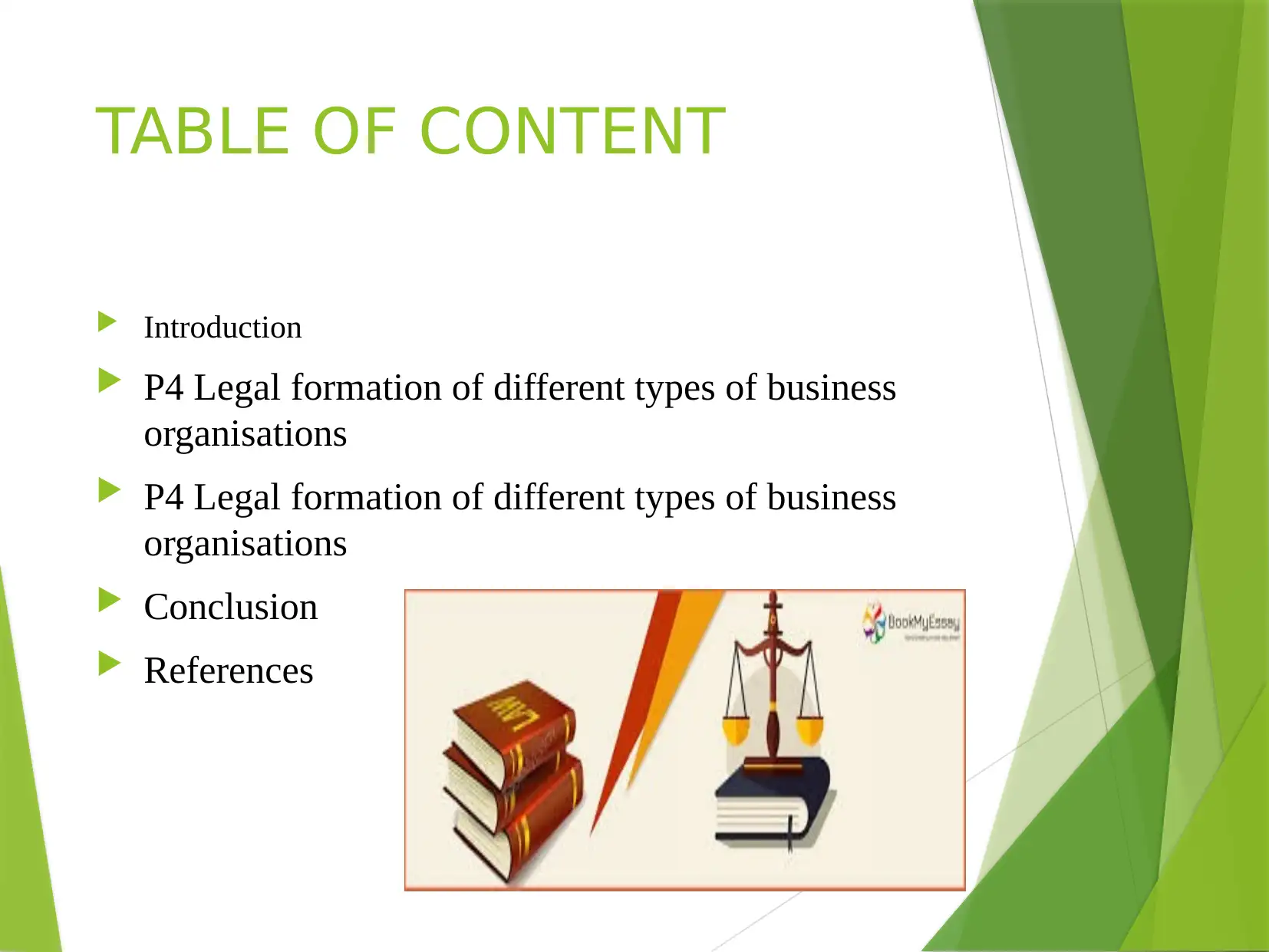
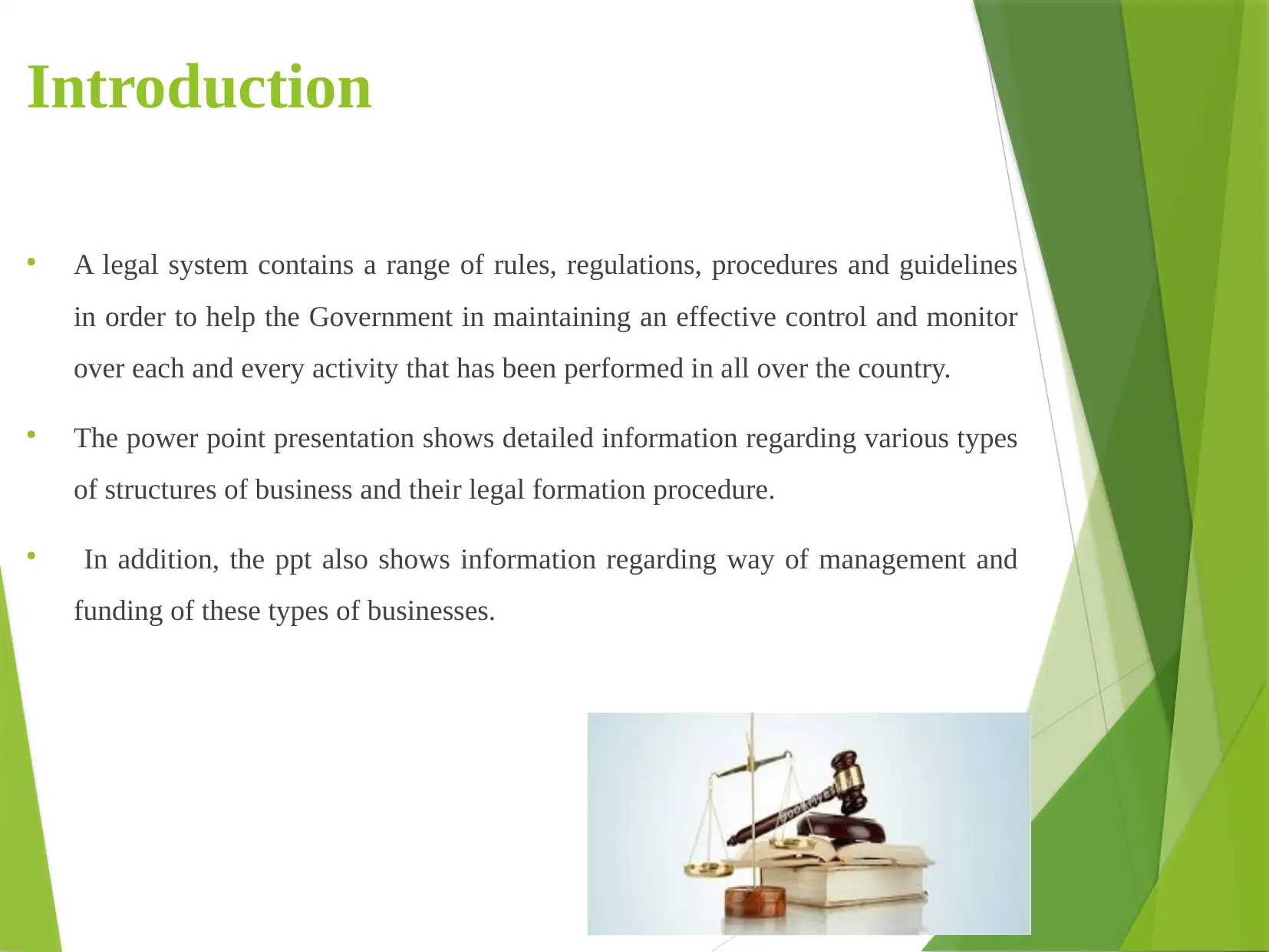

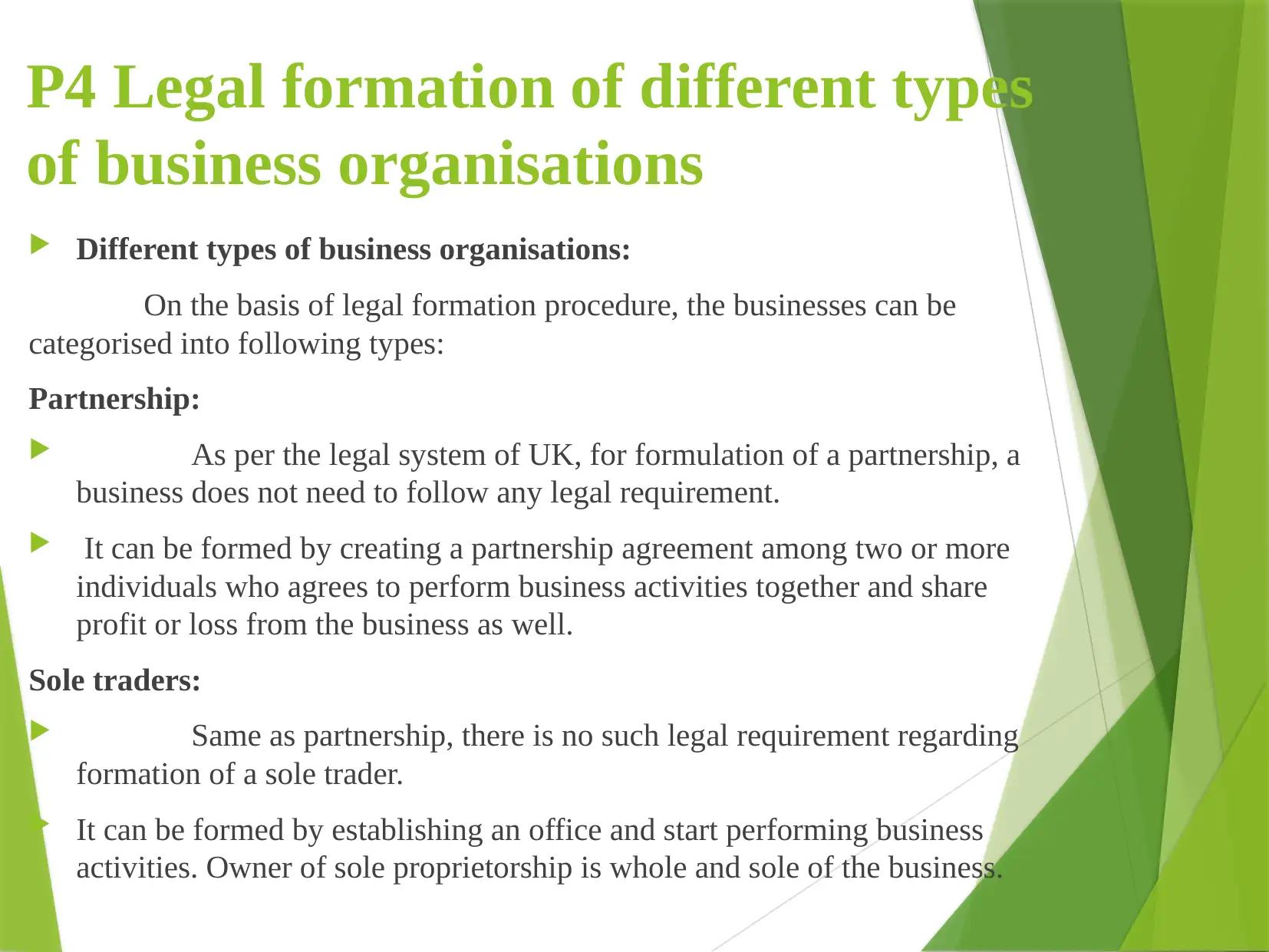
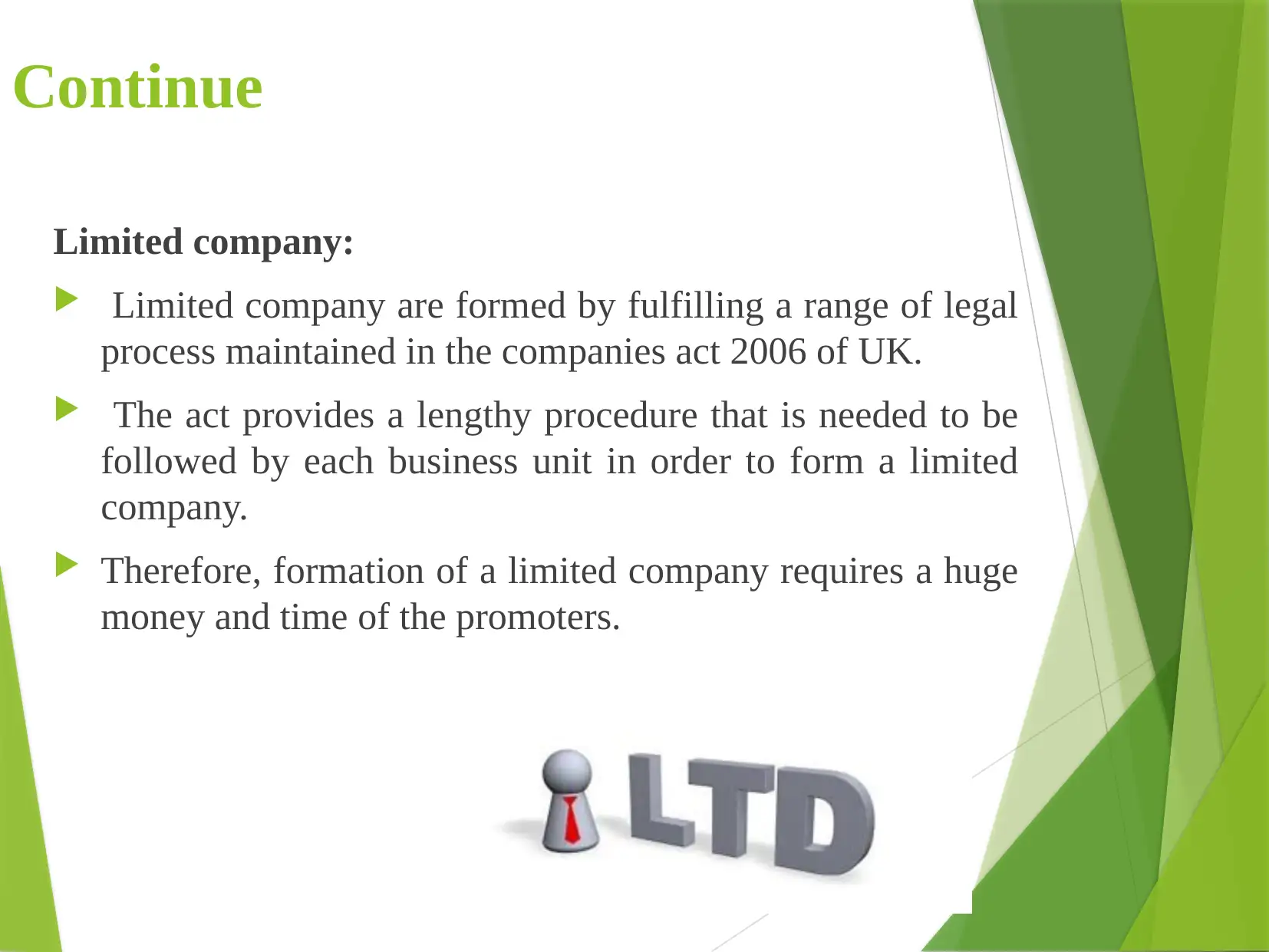
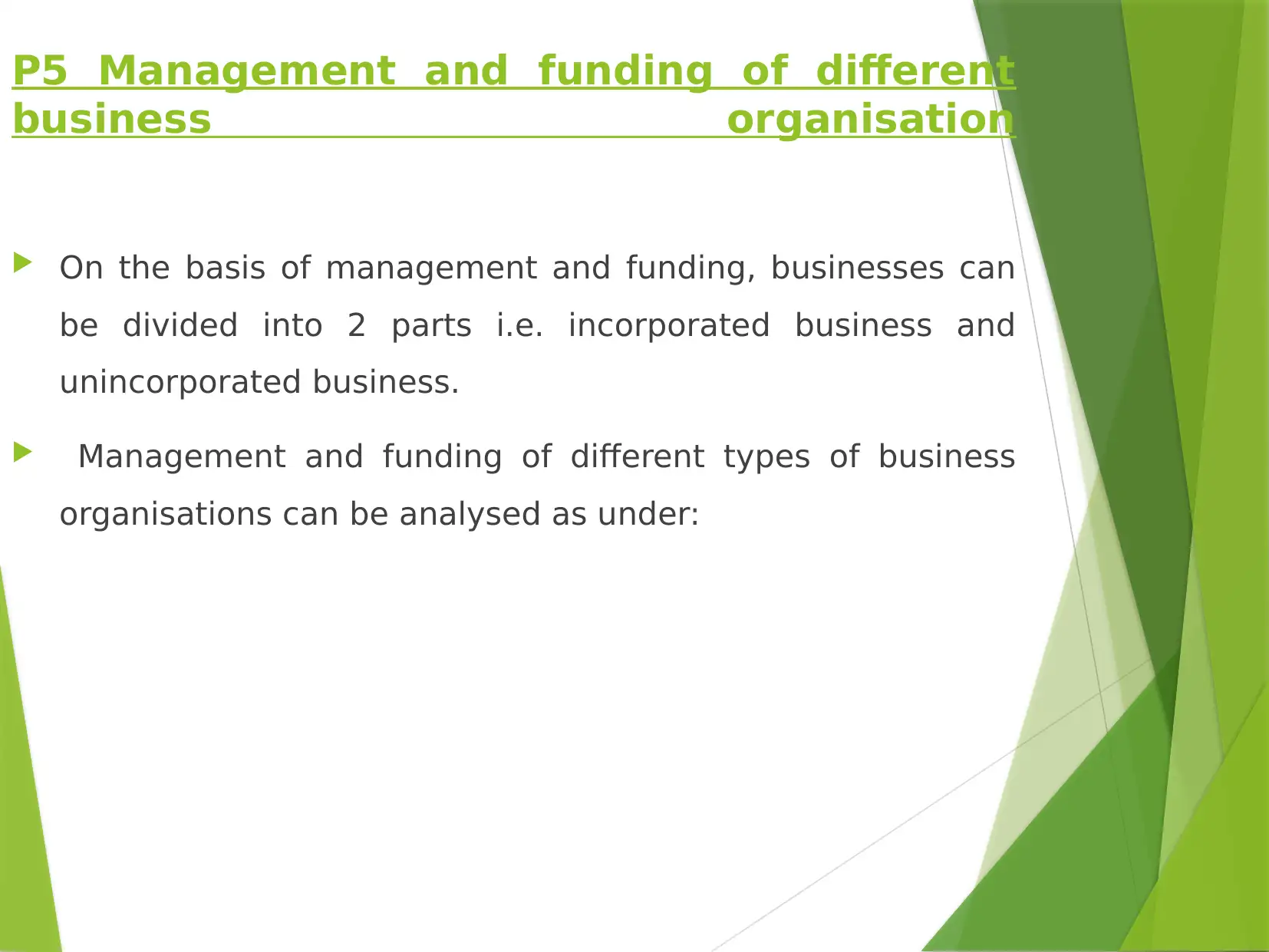
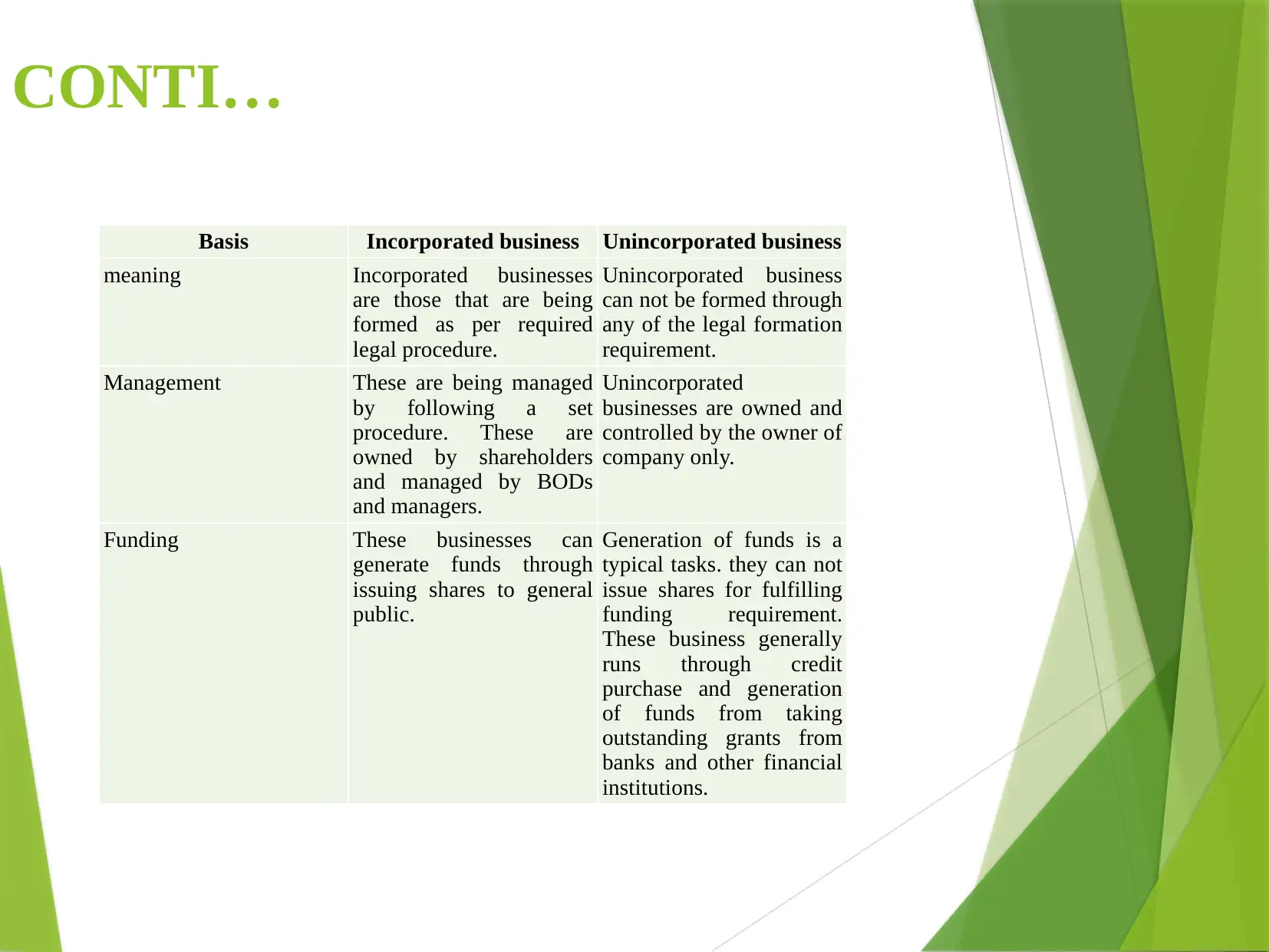
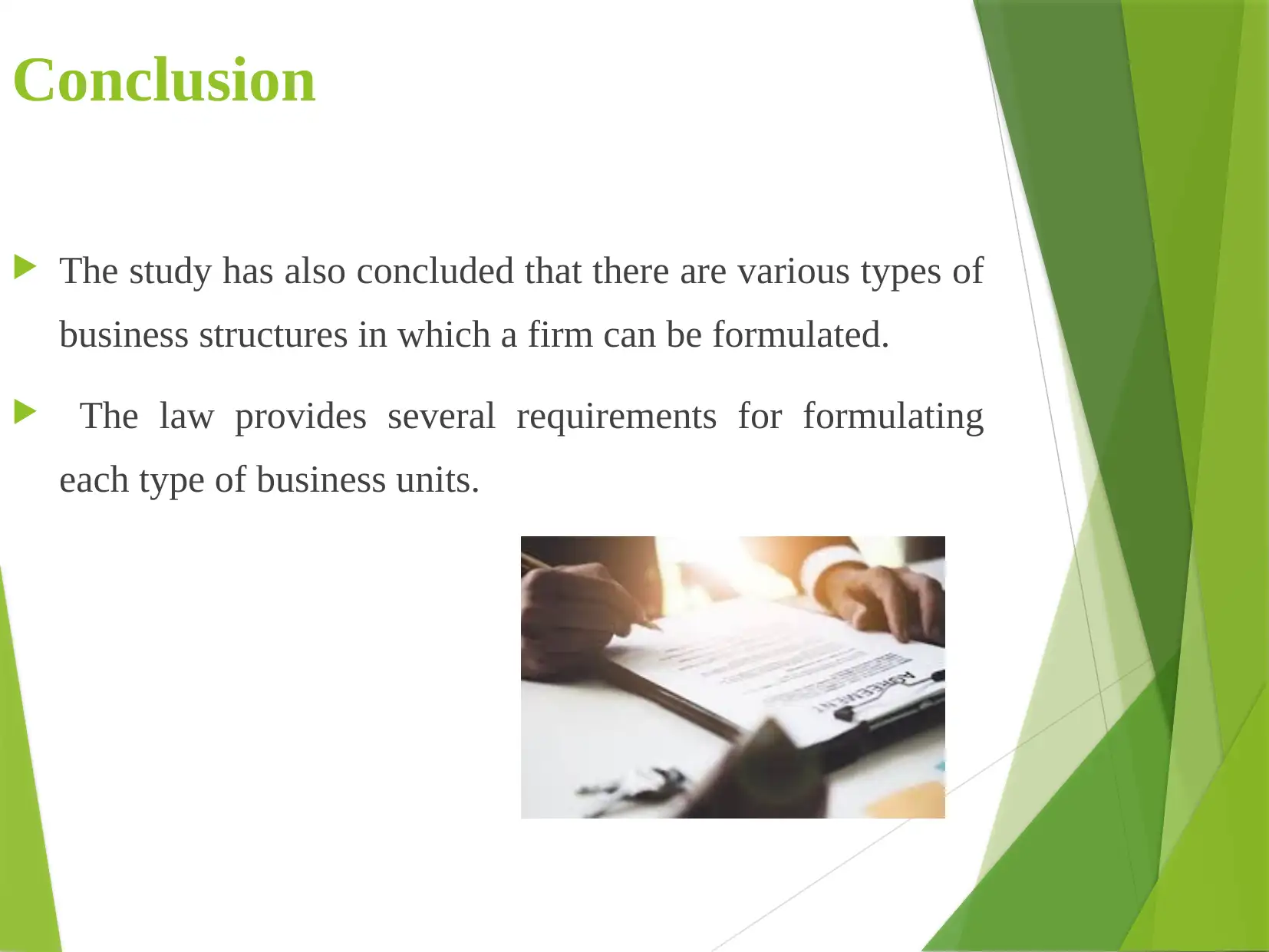
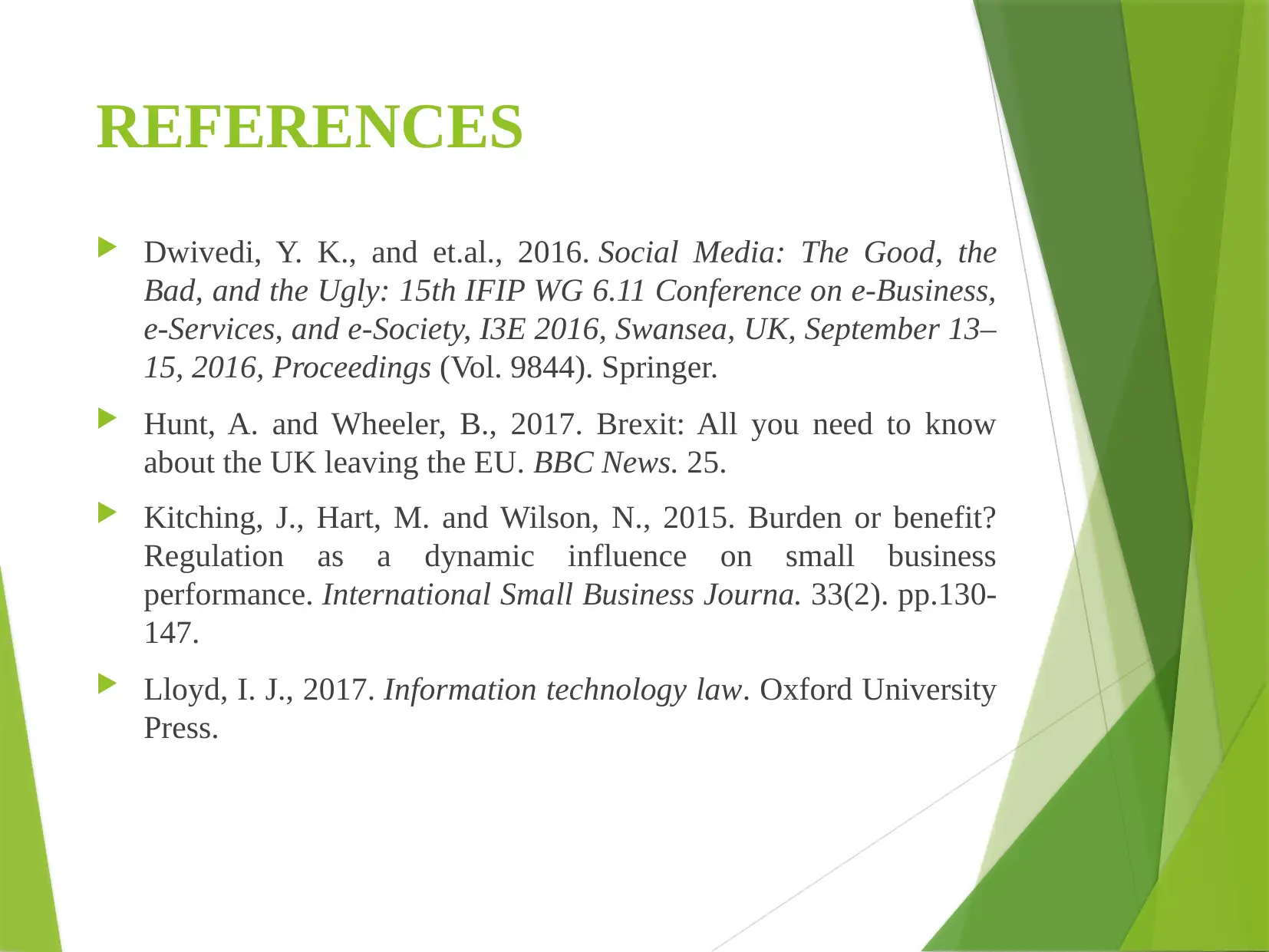






![[object Object]](/_next/static/media/star-bottom.7253800d.svg)